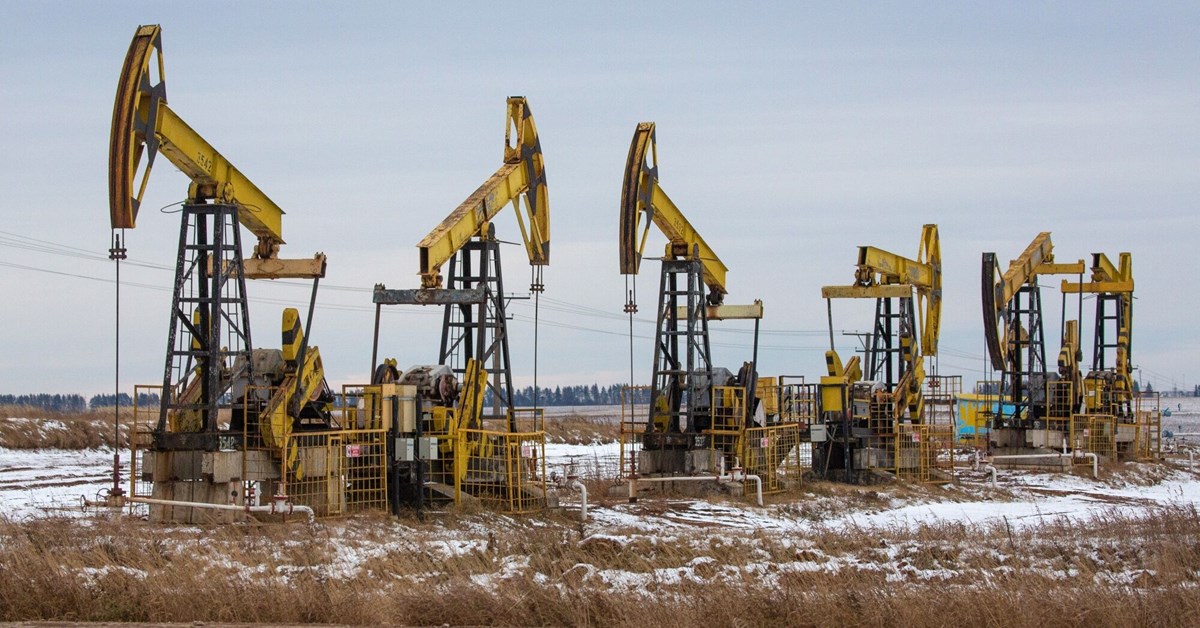(Bloomberg) — India rebutted mounting US pressure to end crude imports from Russia, with Oil Minister Hardeep Puri arguing that the flows had helped to shield the global economy from a price spike, while also directly challenging blunt language used by White House adviser Peter Navarro.
“India’s adherence to all international norms prevented a catastrophic $200 per barrel shock,” Puri said in a column in The Hindu newspaper on Monday. “Some critics allege that India has become a ‘laundromat’ for Russian oil. Nothing could be further from the truth.”
Oil traders are focused on New Delhi’s buying after Washington doubled tariffs on many Indian imports to 50% to try to end the war in Ukraine. As part of the drive — which has not been matched by similar US action against China, another big importer — Treasury Secretary Scott Bessent accused the country’s wealthiest families of profiteering, and Navarro said the nation was fueling “the Russian war machine” and “nothing but a laundromat” for the Kremlin.
“India has not broken rules,” Puri wrote, adding that its imports were compliant with a Group of Seven price-cap mechanism that was designed to limit Moscow’s revenues yet also keep crude flowing. “India has stabilized markets and kept global prices from spiraling.”
Puri’s commentary came as Indian Prime Minister Narendra Modi met with Russian President Vladimir Putin at a regional summit in China on Monday. Conversations with Putin “are always insightful,” Modi said in a post on X on Monday as the pair exchanged views.
Russia, which previously held a negligible share of India’s oil imports, has accounted for 37% of the world’s third largest oil consumer buys this year, according to Kpler data. India took advantage of a $20 a barrel discount on delivered basis after Europe halted purchases in the wake of the Ukraine war. However the discounts have narrowed to a tenth of that as sanctions tightened.
India is unlikely to stop Russian imports unless a global ban is imposed, as the issue is morphing into a political decision on the nation’s freedom to choose rather than a purely economic one, analysts at CLSA including Vikash Kumar Jain said in a note last week.
“The truth is that there is no substitute for the world’s second-largest producer supplying nearly 10% of global oil. Those who are pointing fingers ignore this fact,” Puri said.
(Updates with details in sixth to eighth paragraph)
©2025 Bloomberg L.P.
